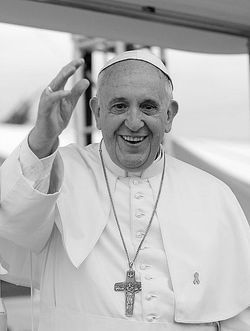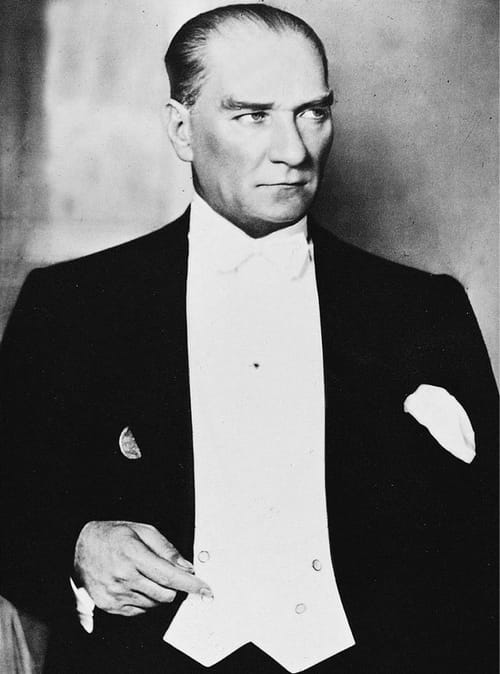
Photo Attribution: See page for author, Public domain, via Wikimedia Commons
Mustafa Kemal Atatürk
This example has been viewed 646x times
Summary
Rodden Rating
Analysis for Mustafa Kemal Atatürk
Biography
Mustafa Kemal Atatürk,[a] also known as Mustafa Kemal Pasha[b] until 1921, and Ghazi Mustafa Kemal[c] from 1921 until the Surname Law of 1934[3] (c. 1881[d] – 10 November 1938), was a Turkish field marshal, revolutionary statesman, author, and the founding father of the Republic of Turkey, serving as its first president from 1923 until his death in 1938. He undertook sweeping progressive reforms, which modernized Turkey into a secular, industrializing nation.[4][5][6] Ideologically a secularist and nationalist, his policies and socio-political theories became known as Kemalism.[4]
Atatürk came to prominence for his role in securing the Ottoman Turkish victory at the Battle of Gallipoli (1915) during World War I.[7] During this time, the Ottoman Empire perpetrated genocides against its Greek, Armenian and Assyrian subjects; while not directly involved, Atatürk's role in their aftermath has been controversial. Following the defeat of the Ottoman Empire after World War I, he led the Turkish National Movement, which resisted mainland Turkey's partition among the victorious Allied powers. Establishing a provisional government in the present-day Turkish capital Ankara (known in English at the time as Angora), he defeated the forces sent by the Allies, thus emerging victorious from what was later referred to as the Turkish War of Independence. He subsequently proceeded to abolish the sultanate in 1922 and proclaimed the foundation of the Turkish Republic in its place the following year.
As the president of the newly formed Turkish Republic, Atatürk initiated a rigorous program of political, economic, and cultural reforms with the ultimate aim of building a republican and secular nation-state. He made primary education free and compulsory, opening thousands of new schools all over the country. He also introduced the Latin-based Turkish alphabet, replacing the old Ottoman Turkish alphabet. Turkish women received equal civil and political rights during Atatürk's presidency.[8] In particular, women were given voting rights in local elections by Act no. 1580 on 3 April 1930 and a few years later, in 1934, full universal suffrage.[9] His government carried out a policy of Turkification, trying to create a homogeneous, unified and above all secular nation under the Turkish banner.[10][11][12] Under Atatürk, the minorities in Turkey were ordered to speak Turkish in public, but were allowed to maintain their own languages in private and within their own communities;[13] non-Turkish toponyms were replaced and non-Turkish families were ordered to adopt a Turkish surname.[14][15] The Turkish Parliament granted him the surname Atatürk in 1934, which means "Father of the Turks", in recognition of the role he played in building the modern Turkish Republic.[16] He died on 10 November 1938 at Dolmabahçe Palace in Istanbul, at the age of 57;[17] he was succeeded as president by his long-time prime minister İsmet İnönü[18] and was honored with a state funeral.
In 1981, the centennial of Atatürk's birth, his memory was honoured by the United Nations and UNESCO, which declared it The Atatürk Year in the World and adopted the Resolution on the Atatürk Centennial, describing him as "the leader of the first struggle given against colonialism and imperialism" and a "remarkable promoter of the sense of understanding between peoples and durable peace between the nations of the world and that he worked all his life for the development of harmony and cooperation between peoples without distinction".[19][20] Atatürk was also credited for his peace-in-the-world oriented foreign policy and friendship with neighboring countries such as Iran, Yugoslavia, Iraq, and Greece, as well as the creation of the Balkan Pact that resisted the expansionist aggressions of Fascist Italy and Tsarist Bulgaria.[21]
Source: https://en.wikipedia.org/wiki/Mustafa_Kemal_Atat%C3%BCrk
Raw Data
Horoscope Data
Comments
Natal Data
1881-01-04 Unknown Time GMT
40° 38′ 24.2″ N 22° 56′ 39.9″ E
Thessaloniki, Greece


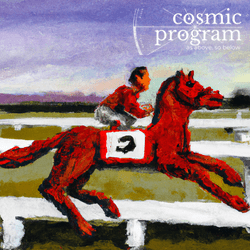


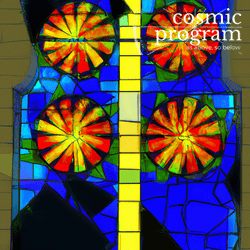




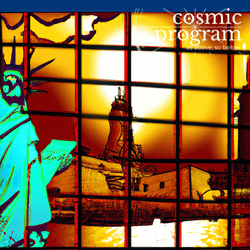


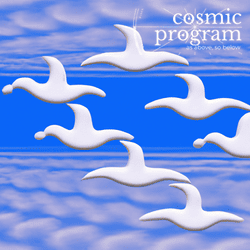


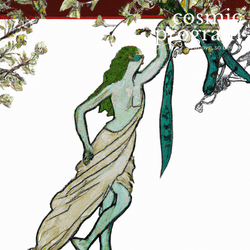
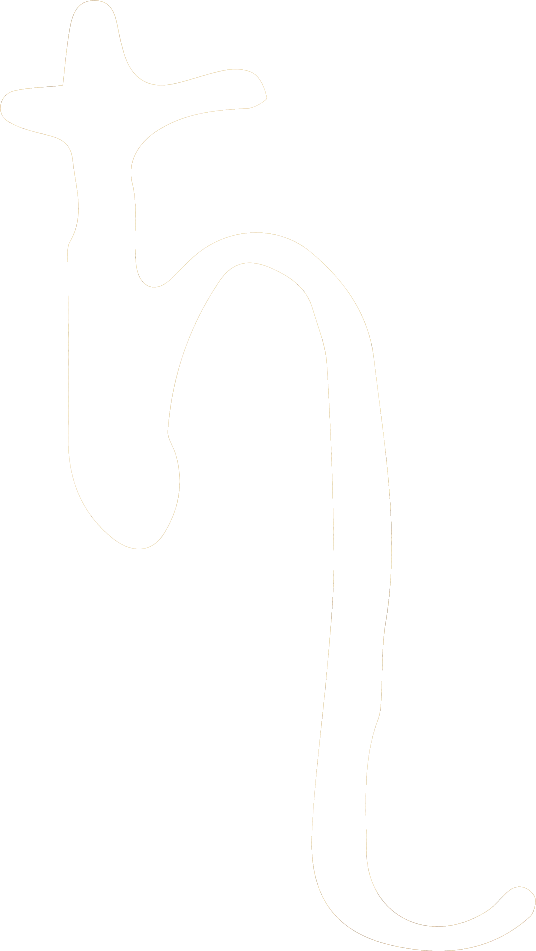
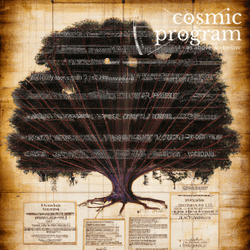


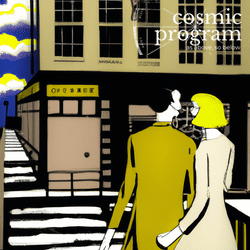


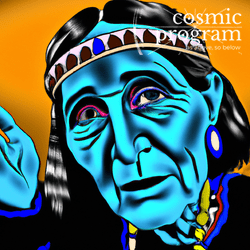

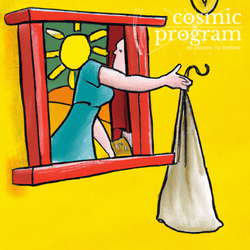

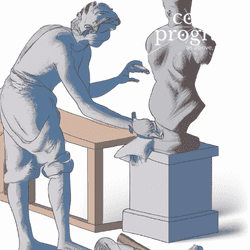

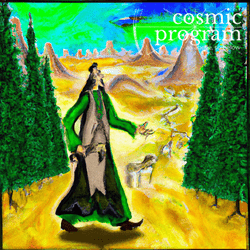


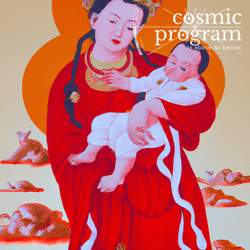


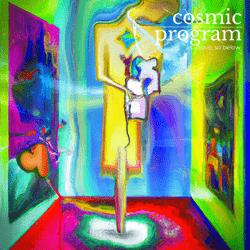

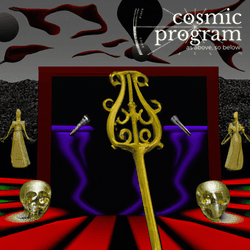

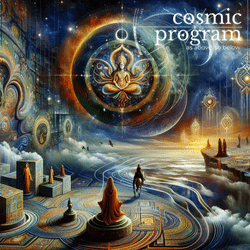
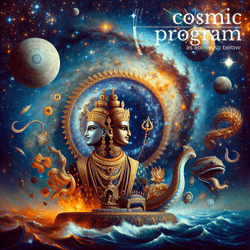
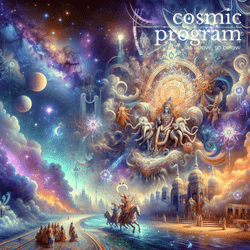
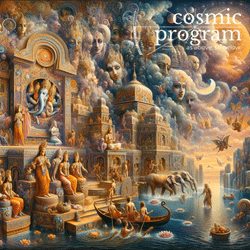
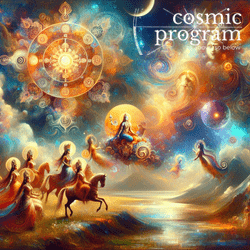
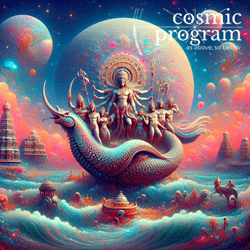
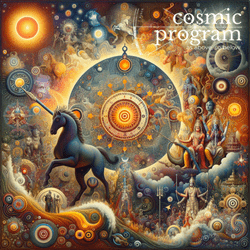
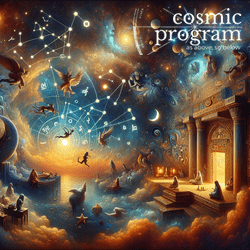
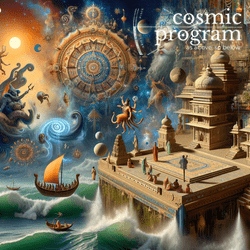

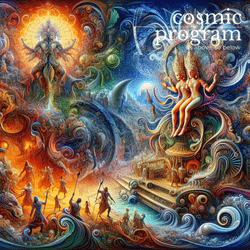
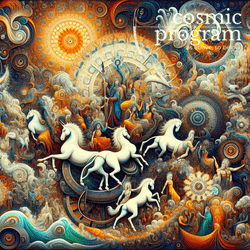


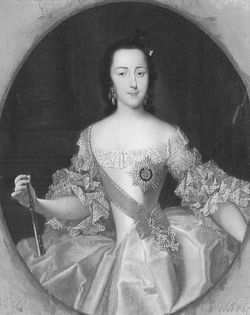
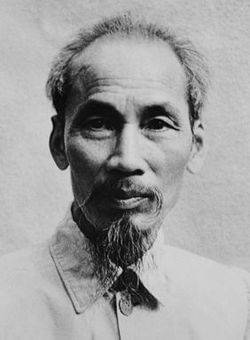
_(cropped).jpg?bossToken=4ea5dbc58f54ca4b9bb4967924906842049db90b85bee8a1879b2bee1fd131fe)
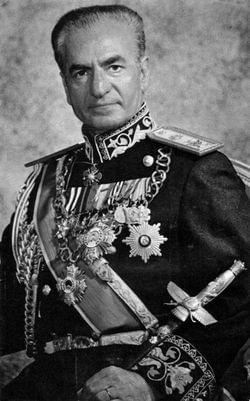
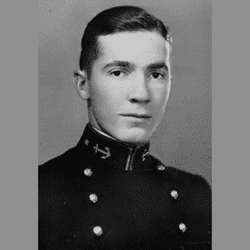
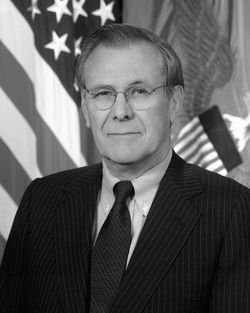
(c).jpg?bossToken=03bd14f9d06d50f0a3d6fc850bf034abe045887eaa73d9498a19b741683e675d)
